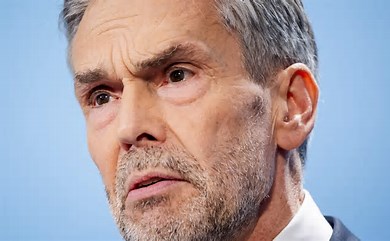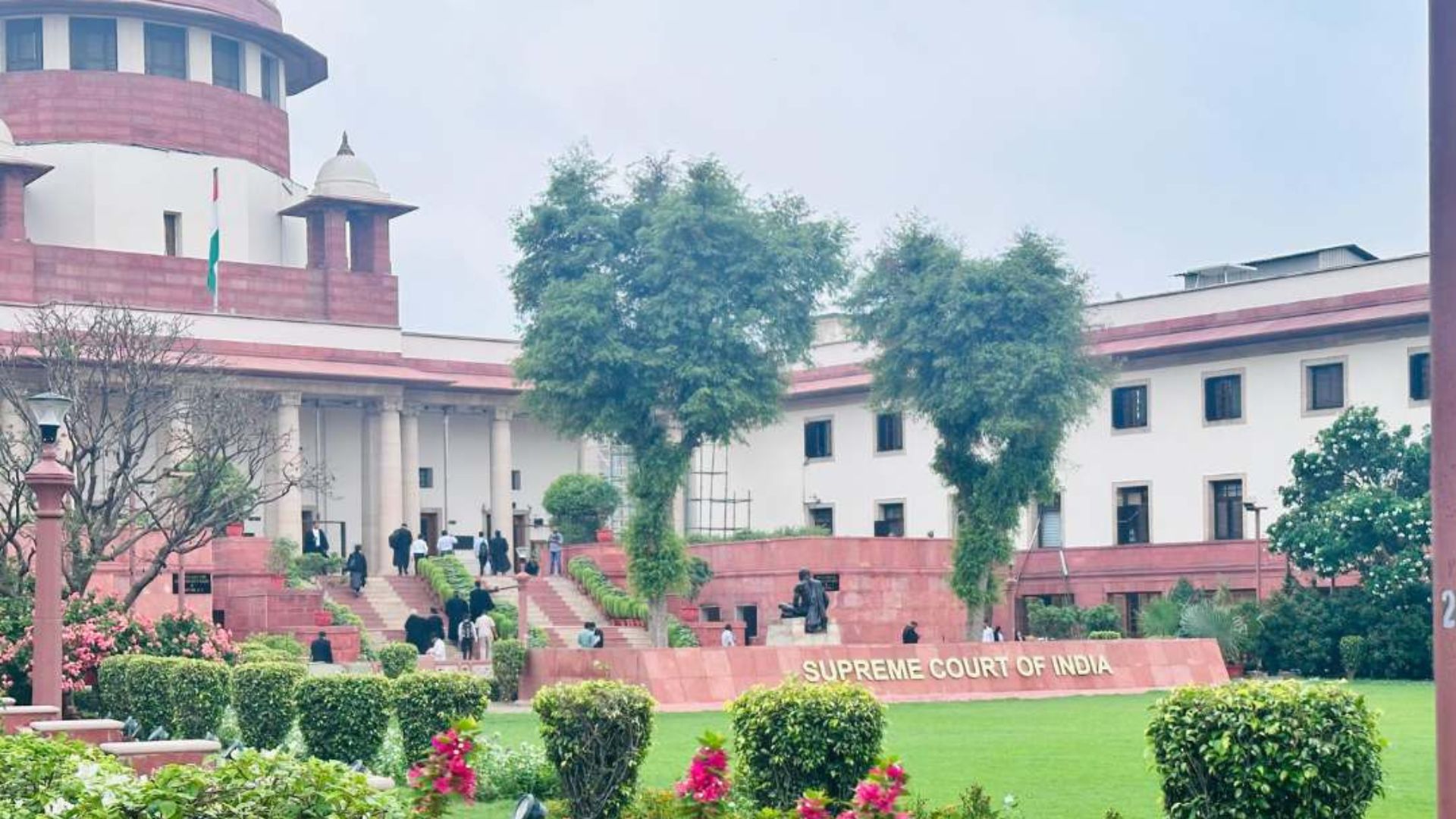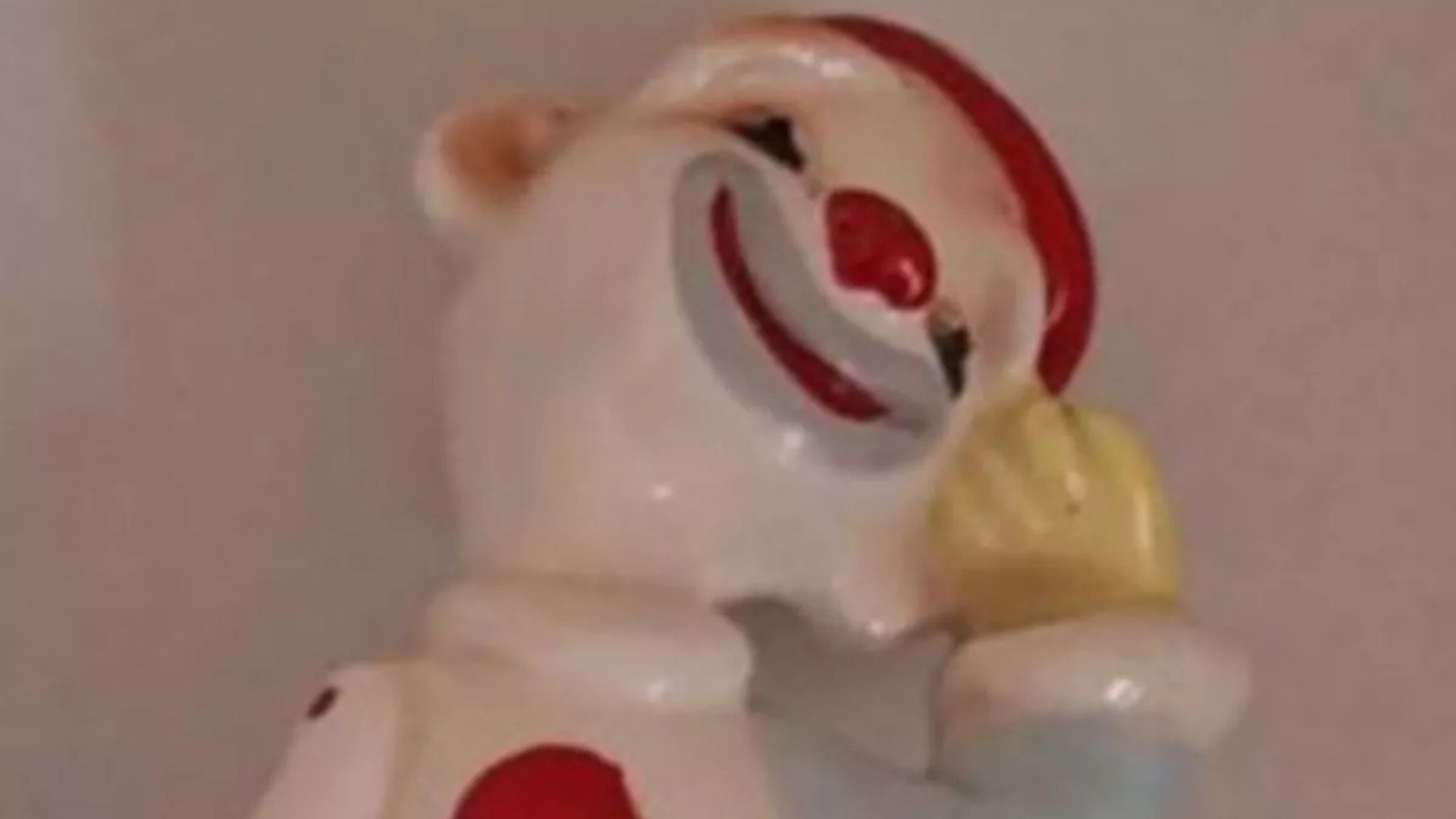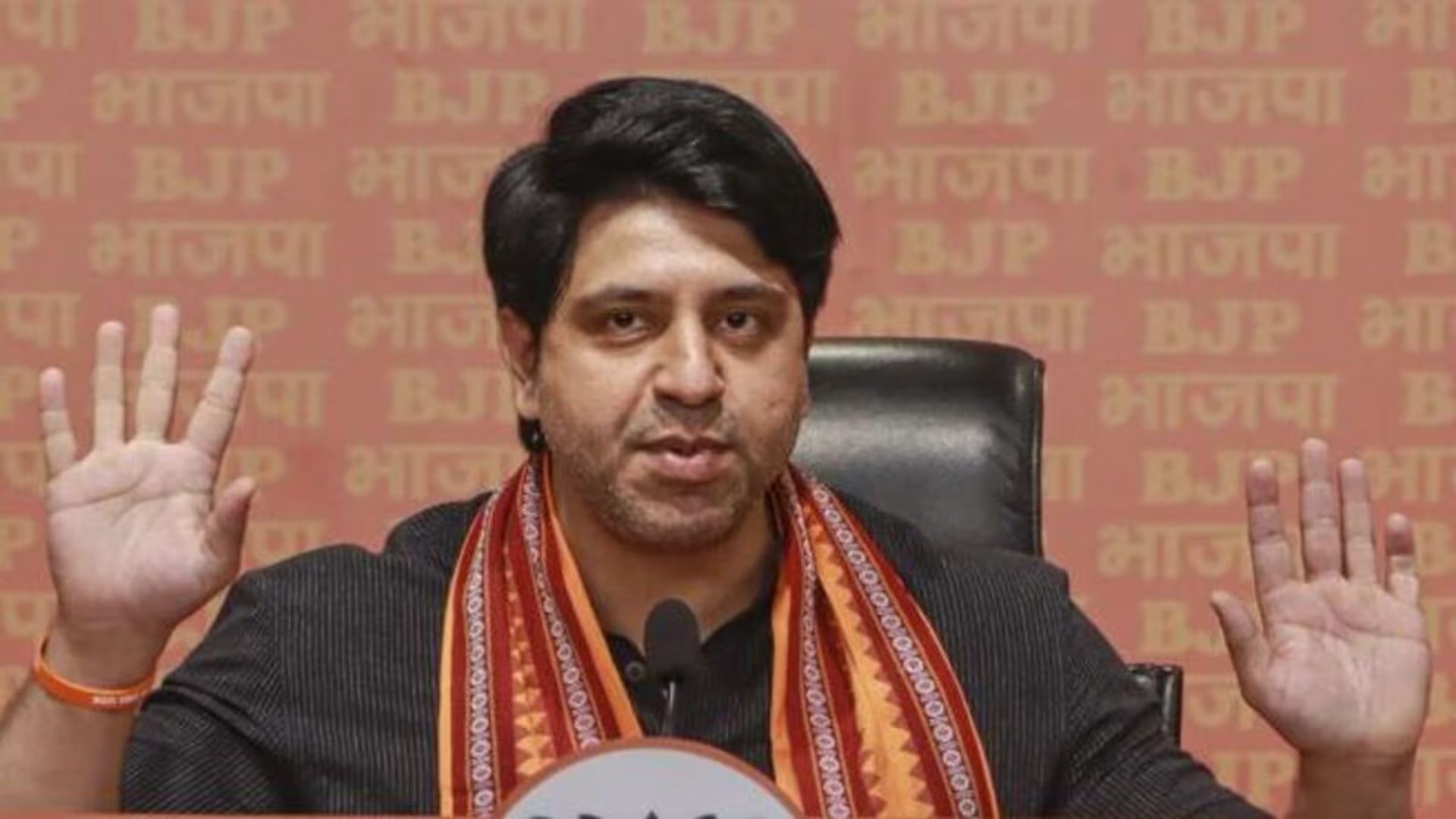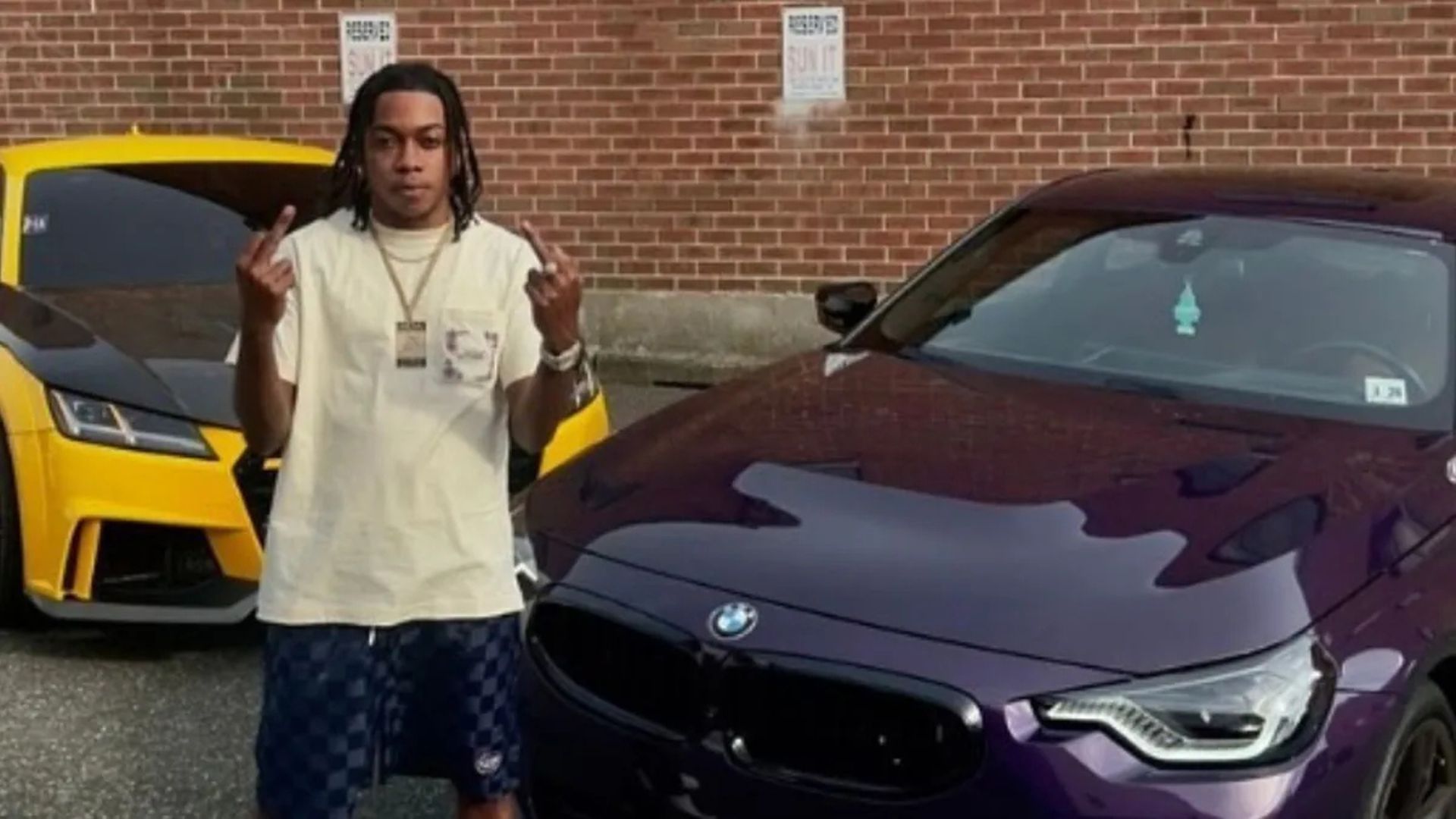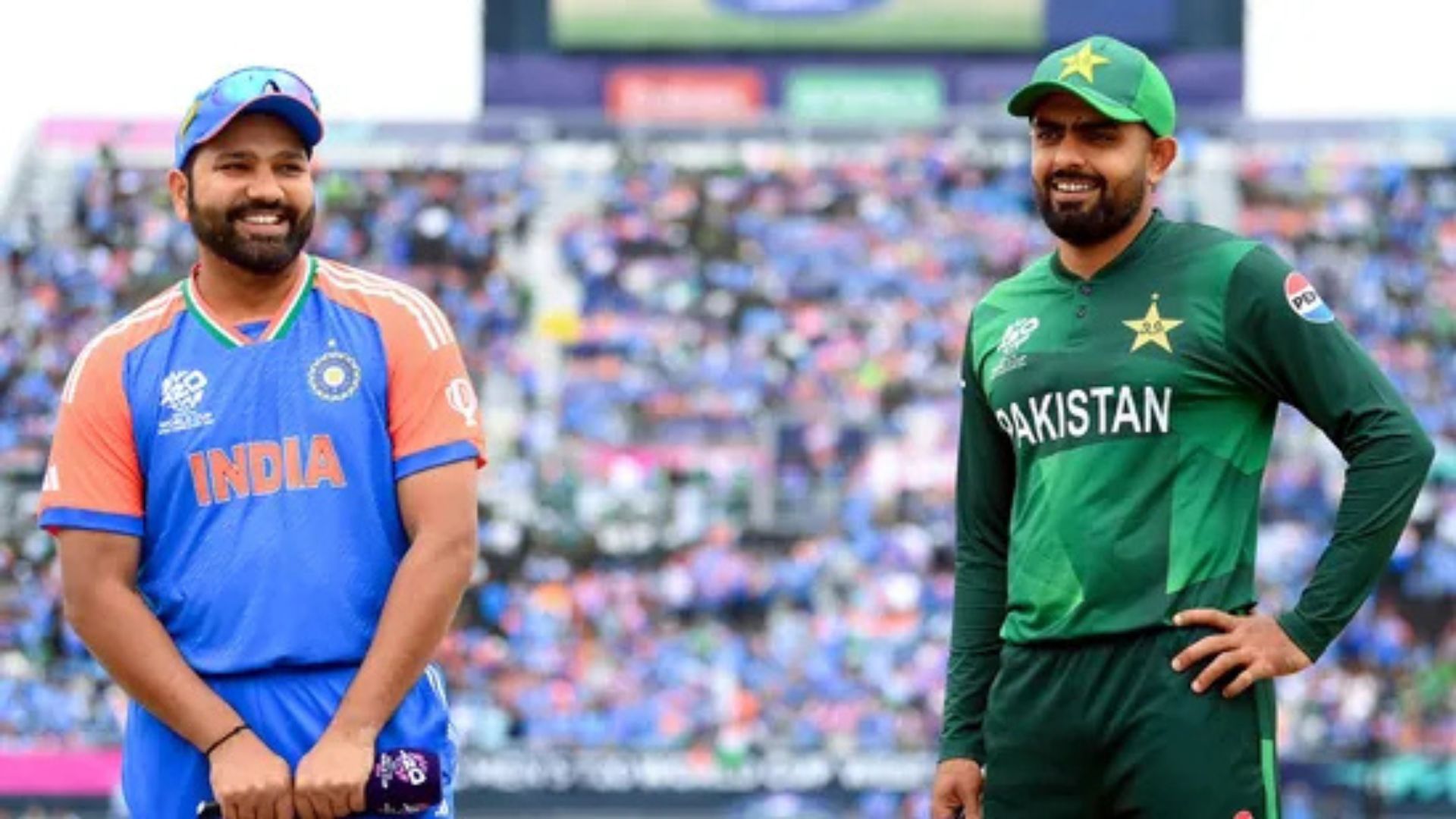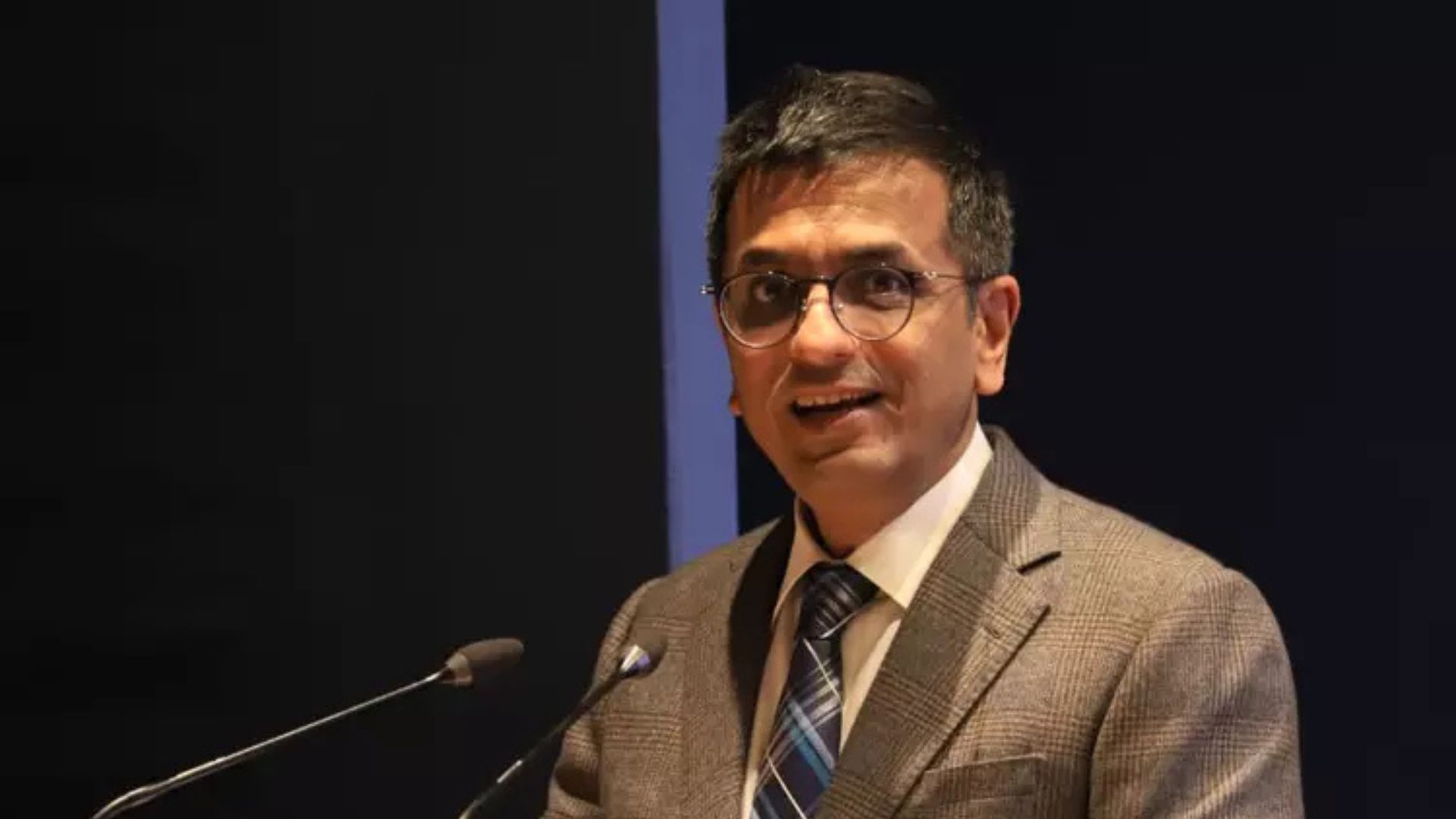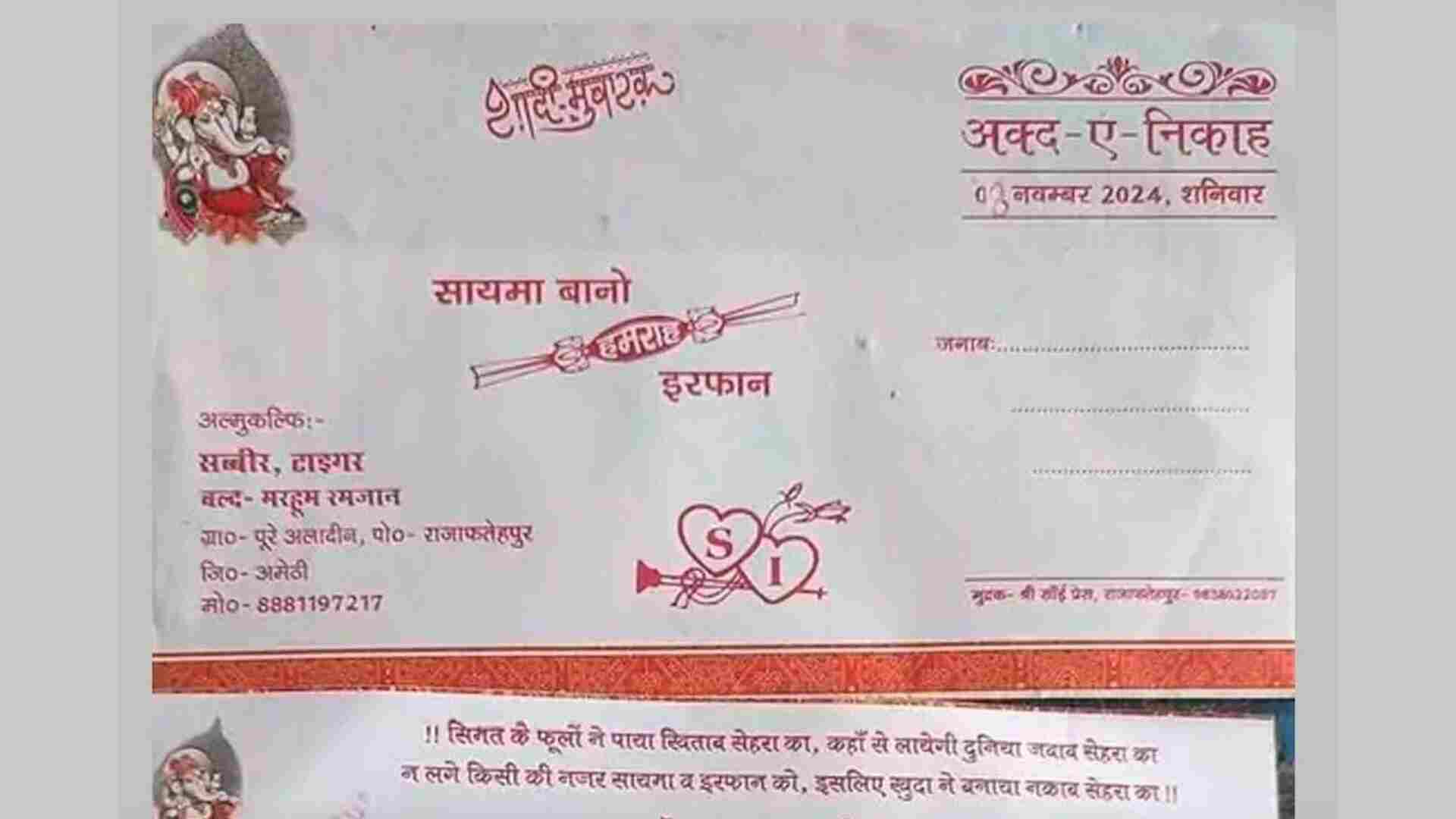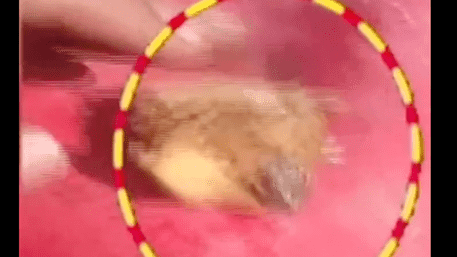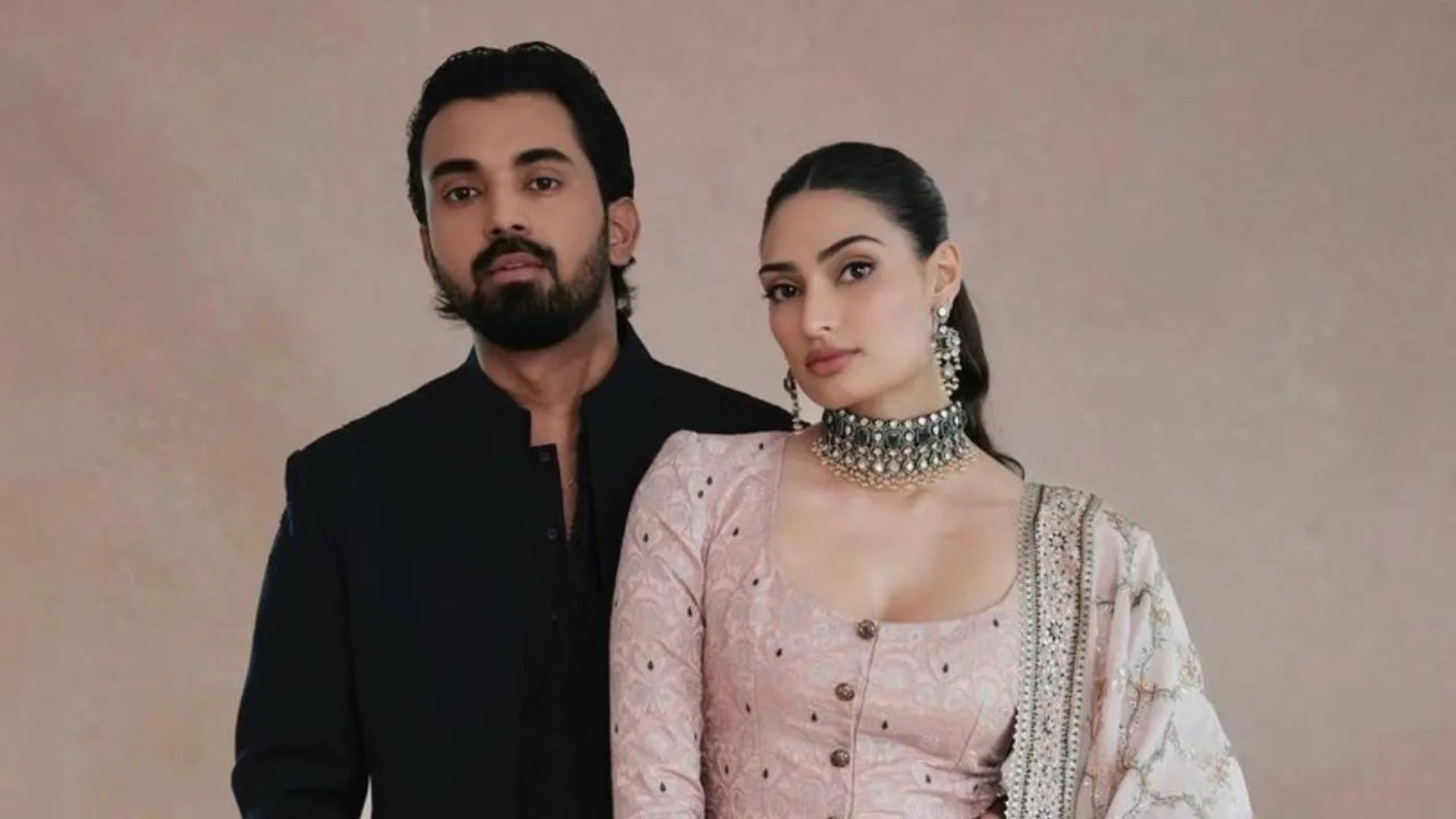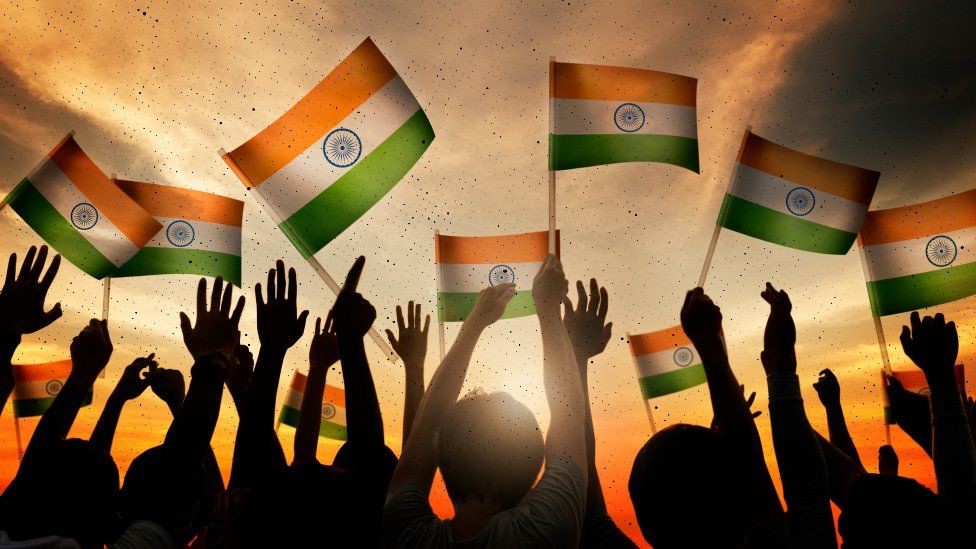
The democratic ideal no doubt still retains its appeal over other forms of government, yet, it is always good to evaluate a system over a time, and effect changes so that the aberrations that have crept in could be taken care of, and the system retains its original power.
Over the time, democracy has been turned into mobocracy, and a powerful and scruple-less leader can make the institutions bend for him. Moreover, in the last year of the term, the rulers come into election mode, and they splurge public money and make fantasy announcement to allure voters.
Votes and Victory, is this the essence of democracy? If they are not in majority, money makes the Mayor go. Moreover, power, wealth, and crime – this nexus helps them rule like dictators and they don’t mind molesting the democratic ideal for their flawed ambitions.
What has happened to the democratic ideal? It is shocking to see that elections are hijacked by the powerful. Votes can be purchased with money or with populist schemes or with muscle power. Keeping all these aberrations in view, I think it is time we start redesigning the democratic model.
At present, it is based on contradiction and confrontation between the ruling party and the opposition. What the ruling party does, is criticised by the opposition tooth and nail. Antagonism can be understood, but to think the opposition as traitors to the nation is a shocking development of present times. Nobody praises a good action if it is by the govt of the other party.
Here is how the system works. Some of those elected become government and rule, while so many others who are also elected, have no job except to find fault with the ruling party. They are also paid, and they are not doing any positive work for the country. Is opposing the ruling party the only productive work left to them?
I have some ideas which may look out of the sky. Impossible. A very senior bureaucrat from Punjab, whom I sent my book ‘Hard Talk’, said in despair: Who will implement it? But, still, I insist, the democratic system to be meaningful doth need reform.
The new system that I envisage makes drastic departures from the tradition. It allows only one term to a member, whether he is in Parliament, or Assembly, or CM or PM.
One term principle will resolve all the issues of mudslinging and corruption. Then, from one family, only one person can stand for election.
Once a govt comes to power on the basis of majority, it will be only a functional agency of the State. The real power lies with the Council of Policy Makers. This body has as its members the President of each major political party. And they meet every month to take stock of the situation.
CPM will decide the policy of the Govt. regarding Foreign Affairs, Education, Fiscal policy and all major decisions regarding import export etc. will be taken in this body. If there is any dissension, it will be discussed and resolved here, and a decision which is supported by all adopted. The Govt. has no separate will. It will have to implement the decisions taken in the CPM.
The Govt. will have the head of the majority party as PM, and the Deputy PM will be the head of the second largest party. The Council of Ministers will include one representative from all the parties. All the MPs elected will be a part of the Govt. and they will take care of their respective areas. Funds will be in the hands of the CPM under joint control of the State.
I wish to assert that State is more powerful than the Govt. And govt is only a functional organization of the State. So, the State which is represented by the CPM exercises all the powers.
When elections are held, there will be no rallies. Only the works and philosophy of the party will be shown on TV. There will be only TV debates. Any deviation from set norms, like foul play by Election Commission, or any other employee who is entrusted with election duty, will be answerable with life.
Here is the possibility of running a Govt. with Consensus rather than Confrontation. When there are no deadlocks, the entire time will go to in depth study of the bills to be brought in as new laws. There will be no bickering on bills, because these will be passed in the CPM and then implemented by the Govt. Each MP will be in Govt. running the government machinery and working for his people.
The present system of majority rule and opposition looks fine, but it has degenerated into a slug-fest, and the nation stands divided on religious and caste lines. We need a great nation, a great India, and for this, we need to make structural changes. We are a democratic country. We must try to re-invent its spirit. At present, it looks to be democratic, but the facts are to the contrary. Once the election is announced, the administration should pass on to the President. The P.M. should be made to resign so that he remains only a party worker and let him campaign. Governors, LGs and Judges who give verdicts which go against the spirit of the constitution must be lined up before the CPM.
CPM is the conglomerate of people’s power, and State should run according to the supreme and sovereign body of the people. Govt. cannot represent a country’s will because it is always in minority, comparing the large number of people who have not voted for it.
Dr. Jernail Singh Anand is President of the International Academy of Ethics, and winner of the International Award Charter of Morava. Dr. Anand’s name adorns the Poets’ Rock in Serbia, along with the name of Sh. Rabindra Nath Tagore
